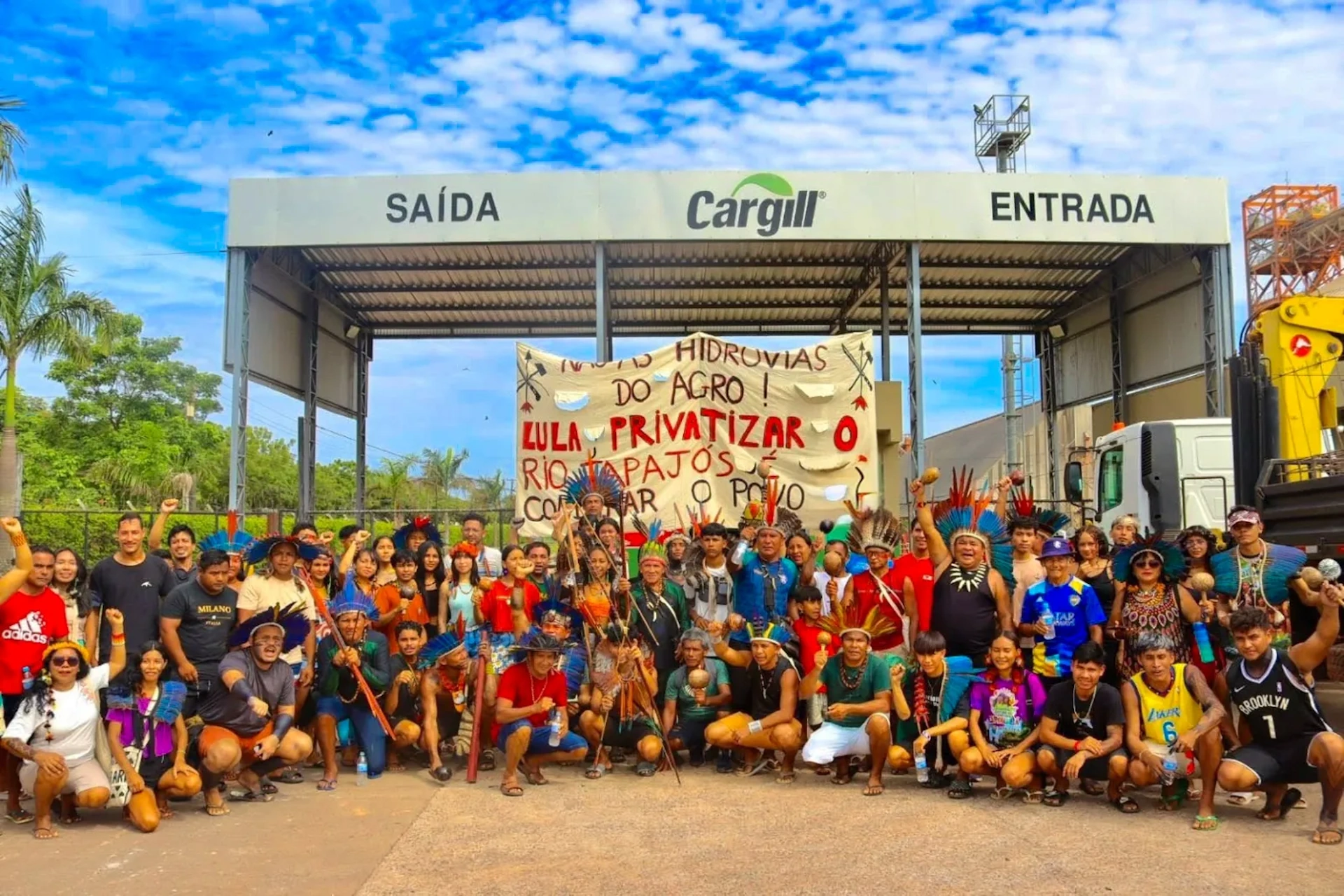Hayam Kasim was studying design and French in Damascus, Syria, and was on her way to becoming a professional stylist when she and her family were forced to leave the country because of the war. She and her three brothers were taken by surprise with the outbreak of COVID-19, having lived in Sao Paulo for seven years, without speaking Portuguese fluently and with little prospect of work.
Now, Hayam’s talents are put to good use by creating cloth masks that will help protect against the coronavirus and which are being distributed to the vulnerable population in Sao Paulo, Brazil. The initiative is led by the Public Ministry of Labour and the University of Campinas and is supported by UNHCR and UNFPA.
Hayam is a member of the group called “Deslocamento Criativo” or creative movement. She was hired to design masks along with others in the group who have design skills. Their objective is to actively engage the refugee and migrant community professionally while helping to ensure protection to people who are most vulnerable to the virus. The group has already produced two thousand masks that were distributed to centers and shelters that house the elderly, refugees and migrants, transsexuals and the homeless.
“This project is helping people at a moment when migrants and refugees are suffering from critically low employment, while at the same time is raising awareness about public health. It serves a dual purpose, promoting good health and education about it”, explained Rosana Baeninger, the professor who is the coordinator of an organization that monitors the situation of the refugees in Sao Paulo called “Observatório das Migrações”.
Seated at her sewing machine, Hayam takes five minutes to create a mask with an African cloth. The young 29-year-old woman has already made 450 masks in just the past month. “I can make anything. This is my thing”, she said proudly. The money that she has earned working on this project has supported her family.”Brasil is my second home, and I ask for help to soar higher. My dream is to be a fashion designer”, she added.
Delivery to the Home for Migrants – Part of the lot that was produced was distributed to the inhabitants and workers in the “Casa do Migrants” which is a shelter for migrants that is maintained by the “Missao Paz” or Mission for Peace, which is a partner of UNHCR in providing care and for refugees and migrants. There are currently 66 people representing 16 different nationalities living at the shelter.
“The current situation calls upon all of us to work together to help our neighbours and the city in which we live. “I managed to bring the sewing machine from the work studio to my home, and here production cannot stop”, said the Syrian designer.
The group “Deslocamento Creativo” is responsible for purchasing the cloth and the production and distribution of the masks and counts on assistance from the to make this happen. In addition to the designer who makes the masks, another Syrian woman by the name of Anas Obeid, is handling the logistics for the delivery of the finished product.
Anas is a journalism graduate who produced and sold custom arab perfumes. She also worked with a video production company. During the pandemic she has had to adapt to a new reality. In addition to delivering the masks to the shelters, Anas is teaching the refugees and migrants how to properly use the masks, to follow safe hygiene practices and reduce risk of contamination by the virus.
“Of all the different types of jobs I have had, I think it’s very important to help at this moment to ensure the well being of the refugees and migrants who are living in these shelters without the possibility of employment. We will soon rise above this situation, stronger”, Anas said.
Ásia Carreño, a 58 year-old Venezuelan refugee who arrived at the Home for Migrants through a federal government programme, underscores the importance of using masks. “We have not gone outside to avoid the risk of contamination, but even here inside the home, living in close proximity with others, the masks help us to remain healthy”, she said. “All of us, the elderly, children, and adults are going to overcome this crisis”, she added.
Father Paolo Paris, the coordinator of Mission for Peace, reminds us that the masks protect both the residents and the staff members who work there from COVID-19. “We are reviewing our practices to reduce maximum exposure of the residents to the virus and also the spread of it”, he said. “The masks will help residents and staff to protect themselves, including during distribution of the baskets of goods that we receive at the shelter”, he concluded.
UNHCR- The head of the UNHCR office in Sao Paulo, Maria Beatriz Nogueira, participated in the delivery of the masks to the Home for Migrants and reminded us that the pandemic requires solidarity and cooperation from all sectors. “It is essential that we ensure that everyone, independent of their nationality, can have access to financial assistance and health services without discrimination”, she said.
UNFPA- “This initiative goes to the heart of the work that UNFPA is doing to reduce the impact of the pandemic on the most vulnerable people. It helps to guarantee an income to these artesans while at the same time provides access to masks and helps to protect more people from contamination”, observed Astrid Bant, the UNFPA Representative in Brazil.
Fonte
O post “Refugees make and distribute COVID-19 masks in Sao Paulo” foi publicado em 1st Maio 2020 e pode ser visto originalmente diretamente na fonte ONU Brasil


